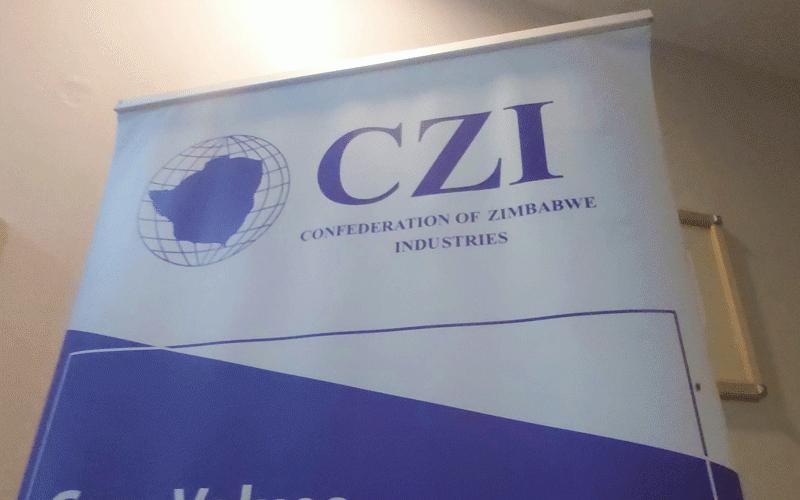Africa-Press – Zimbabwe. THE Confederation of Zimbabwe Industries (CZI) has called on the government to adopt Argentine President Javier Milei’s version of “one deregulation per day” model, proposing the elimination or adjustment of at least one regulation daily to spur growth.
CZI said current policies continued to stifle private sector growth.
The recommendation is one of several submitted by CZI to the Industry and Commerce ministry as it drafts the Zimbabwe National Industrial Development Policy II (2026-30).
On assuming office in December 2023, Milei launched an aggressive deregulation drive, removing or modifying State-imposed rules at a rapid pace.
According to the US-based Cato Institute, by December 7, 2024, his administration had enacted 672 regulatory reforms averaging 1,84 per day, including weekends.
About half were scrapped, while the rest were amended.
Business membership organisations have long raised concern over burdensome regulations, including taxes, levies, foreign exchange retention rules, monetary and fiscal policies, exchange rate frameworks and bureaucratic red tape.
“We commend the government of Zimbabwe for the regulatory reform agenda that is underway,” the CZI stated in its submission.
“Zimbabwe requires bold and accelerated reforms, including systematic deregulation inspired by Argentine President Milei’s ‘one deregulation per day’ model; maybe in Zimbabwe, it could be one deregulation per week.”
Regulatory hurdles have contributed to a sharp contraction in the formal sector, which now constitutes just 23,9% of operational establishments.
Official statistics indicate that of the 204 798 businesses in operation, 76,1% are informal. Before the COVID-19 pandemic, the formal sector accounted for about 40% of establishments.
CZI stressed that the new industrial policy must undergo “a rigorous technical validation process” to ensure it is robust enough to drive structural transformation over its five-year horizon.
The CZI submission comes amid persistently high inflation.
Although the month-on-month ZiG inflation rate declined to 0,4% in August 2025 from 1,6% in July, the annual ZiG inflation remained at 93,8%.
Similarly, the US dollar annual inflation stood at 14,2%, though month-on-month United States dollar inflation was recorded at 0%.
In light of a severe liquidity crunch, CZI urged structured dialogue between the government and the private sector to address domestic debt arrears owed by the State to businesses, which stood at US$8,9 billion as of March.
“Both the private sector and the government are currently operating under severe liquidity constraints,” CZI said.
“To ease pressure on businesses, Zimra [Zimbabwe Revenue Authority] should adopt flexible tax accommodation measures, especially for companies with strong compliance records.”
It further proposed that companies be allowed to offset outstanding State debts against tax liabilities, noting that some arrears, including those from export surrender portions, mature Treasury Bills and unpaid contracts, pose existential threats to firms.
For More News And Analysis About Zimbabwe Follow Africa-Press






